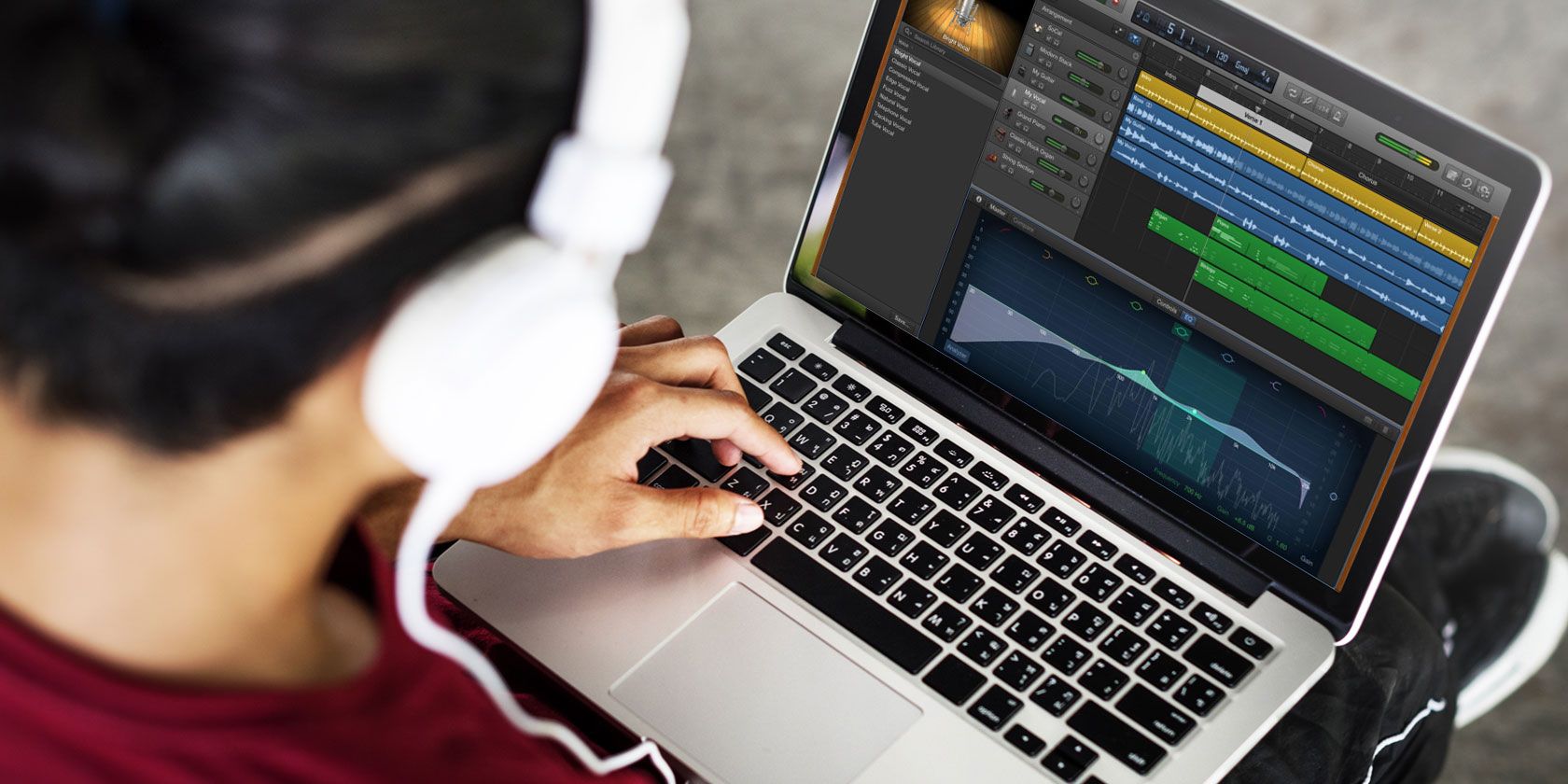
Professional engineers feel right at home with Pro Tools due to its renowned mixing environment and audio editing. It features excellent multitrack recording, with up to 256 simultaneous recording inputs for the Pro tools ultimate version, and up to 16 for the basic version. Seeing that it's featured in recording studios across the globe, I'm pretty confident that you or someone you know has heard of Pro Tools. Pro Tools is the industry standard for music software, due to its high-quality editing tools and nearly endless capabilities. When it comes to digital audio workstations, Pro Tools leads the way in terms of pure professionalism. These are just a few thoughts to consider when deciding on the best DAW software for you and your workflow. And respectively, a professional would be looking for recording software with a few extra bells and whistles to help smooth out their process.


An engineer may have different needs than, say, a songwriter or musician.Įqually important, if you're just a beginner, you obviously wouldn't need a program with a steep learning curve. Knowing the role you'd like to play helps also, as there are many DAW options out there that cater to certain niches. When selecting a DAW there are a few factors to keep in mind such as the price, sound library size, and/or your intended use. Things To Consider When Choosing a Windows DAW DAW software comes complete with everything a musician needs to take their tracks from zero to completion. Simply put, a DAW stands for a digital audio workstation, and it's a piece of software that allows you to record, edit, and mix your music. Except for Apple's Logic Pro, most modern DAWs have cross-platform capabilities, so finding one suitable for you shouldn't be a problem. Are you a Windows user who's interested in production? Stick around because we'll be looking at the best DAW for Windows.


 0 kommentar(er)
0 kommentar(er)
